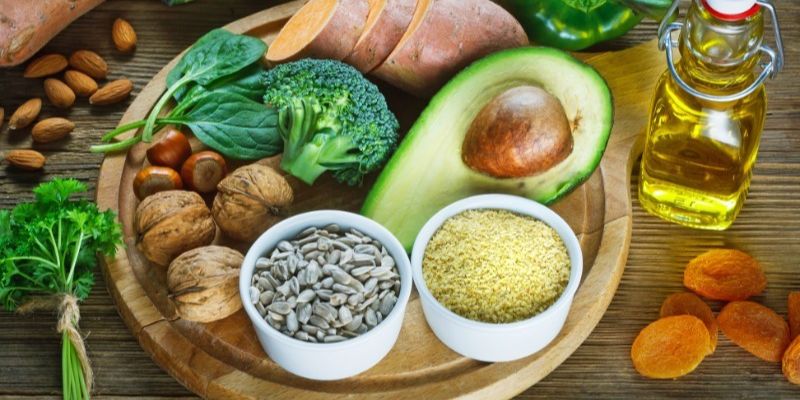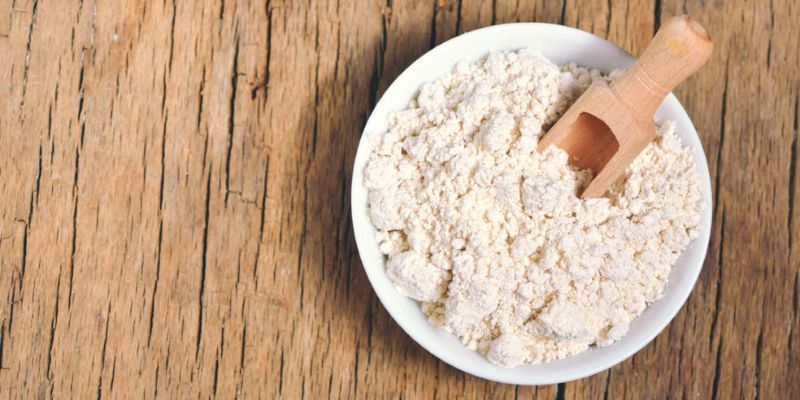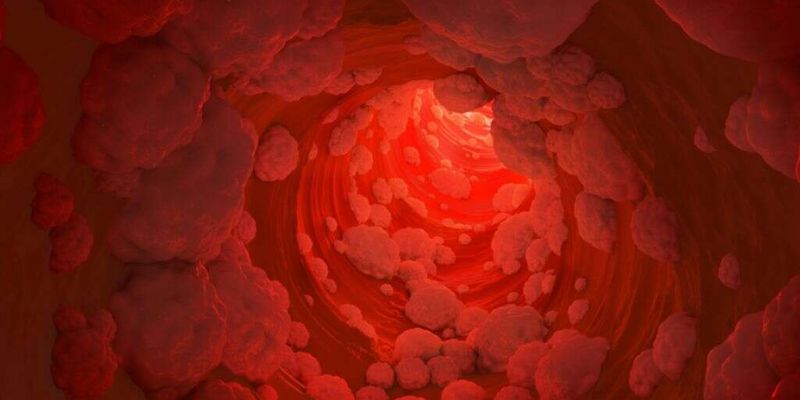Casein is one of the most versatile and widely used ingredients in our modern diet. From an array of delicious cheeses to a myriad of ready-made foods, it can be found in almost everything we eat! But what exactly is casein? And why has it become so important to dietary health and wellness? In this blog post, we'll explore the answers to these questions--from its composition and purpose within food products to the potential health benefits associated with consuming it. We hope that by delving further into this often misunderstood ingredient, you will gain greater knowledge about how your diet may benefit from including casein as part of your daily routine.
What is casein and where does it come from :
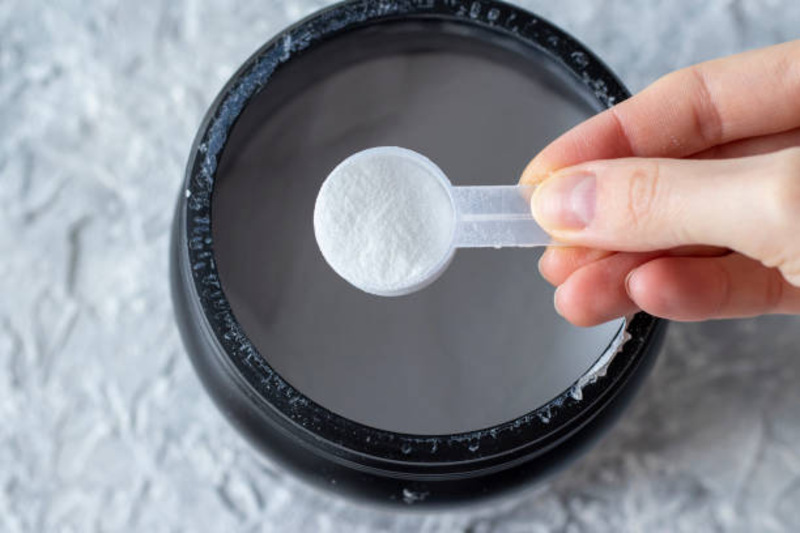
Casein is a type of protein that naturally occurs in milk, cheese and other dairy-based products. It's made up of long chains of amino acids which make it highly absorbable by the body and easy to digest. As such, casein is an excellent source of essential nutrients like calcium, phosphorus and potassium--all important for healthy bones and teeth!
Casein is also an ideal protein source for those who are physically active. Its slow-digesting properties make it a great meal supplement or snack before and after a workout, providing your body with the energy it needs to perform optimally. In addition, casein helps to prevent muscle breakdown during periods of intense exercise, aiding in muscle recovery.
How is it made and what are its components?
Casein is made by separating the proteins from milk into its solid and liquid components. The solids (casein) are then dried and milled into a powder form which can be used in a variety of food products or as a standalone supplement. Its composition includes essential amino acids such as leucine, isoleucine, valine and glutamine which are essential for healthy muscle growth and maintenance.
What are the benefits of consuming casein?
Casein has many health benefits associated with its consumption. It is highly digestible, making it an ideal source of protein for those with sensitive digestive systems. Additionally, casein helps to promote healthy bone structure and development due to its high calcium content. Research indicates that regular consumption of casein can improve exercise performance by providing sustained energy levels during workouts as well as aiding in muscle recovery after physical exertion. Finally, it may help to reduce cholesterol levels and improve overall heart health.
Overall, casein is an important part of any healthy diet and can be found in a variety of food products such as milk, cheese, yogurt and even some non-dairy alternatives. By including these sources into your regular routine, you will be providing your body with the essential proteins it needs to stay healthy and active. For more information on casein and its health benefits, speak to a qualified nutritionist or dietician.
When consuming casein what should we pay attention to?
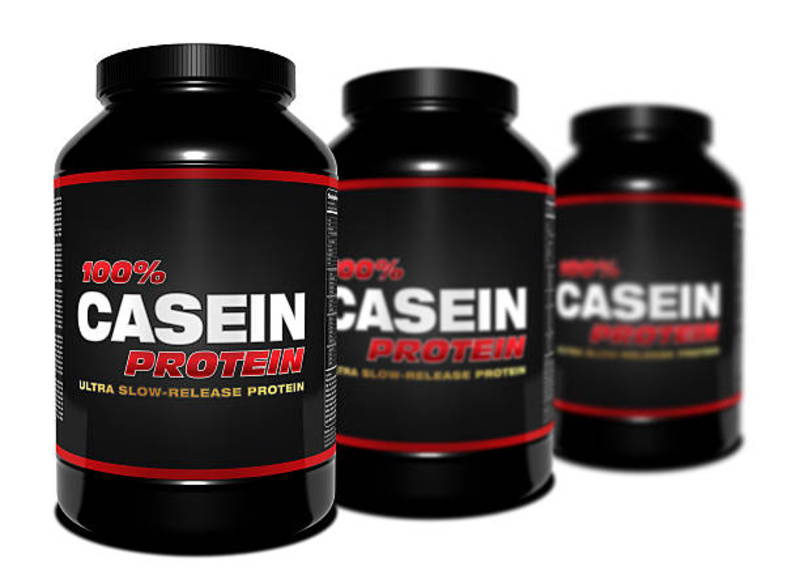
When consuming casein, it is important to read labels carefully and understand which sources of protein are best for you. For those who are lactose intolerant, there are dairy-free options available as well as non-dairy alternatives such as soy or almond milk. Consuming too much casein can lead to digestive issues so it's important to keep portions moderate and pay attention to how your body responds when introducing new sources of protein into your diet.
What foods contain casein and how can I add it to my diet?
Casein is found in a variety of foods including dairy products such as cheese, yogurt and milk. It can also be used as a protein supplement in the form of powders or shakes. If you are lactose intolerant, there are dairy-free alternatives available including plant-based milks with added casein proteins. Those looking to add more casein to their diet can also include more cheese and yogurt in their meals, or purchase casein-enriched ready-made foods. By understanding the potential health benefits of consuming casein, you will be able to make healthier food choices for yourself and your family.
How can I use casein in baking, cooking, or for other applications?
Casein is a great ingredient to include in baking, cooking and other applications. It adds a creamy texture and flavor to foods that cannot be replicated with other ingredients. From smoothies and pancakes to cakes and cookies, casein can be used as an alternative to milk or other dairy products. It can also be added to savory dishes such as lasagna or macaroni and cheese to add a subtle nuttiness.
Conclusion :
Casein is an important and nutritious component of any healthy diet. Its components--essential amino acids, calcium, phosphorus and potassium--are essential for muscle growth and development, promoting bone health and aiding in digestion. Additionally, its slow-digesting properties make it an ideal source of protein before and after workouts.
FAQs:
Q: What are the benefits of consuming casein?
A: Casein has many health benefits associated with its consumption. It is highly digestible, making it an ideal source of protein for those with sensitive digestive systems. Additionally, casein helps to promote healthy bone structure and development due to its high calcium content. Research indicates that regular consumption of casein can improve exercise performance by providing sustained energy levels during workouts as well as aiding in muscle recovery after physical exertion. Finally, it may help to reduce cholesterol levels and improve overall heart health.
Q: What foods contain casein?
A: Casein is found in a variety of foods including dairy products such as cheese, yogurt and milk. It can also be used as a protein supplement in the form of powders or shakes. If you are lactose intolerant, there are dairy-free options available as well as non-dairy alternatives such as soy or almond milk.
Q: How can I use casein in baking, cooking, or for other applications?
A: Casein is a great ingredient to include in baking, cooking and other applications. It adds a creamy texture and flavor to foods that cannot be replicated with other ingredients. From smoothies and pancakes to cakes and cookies, casein can be used as an alternative to milk or other dairy products.

